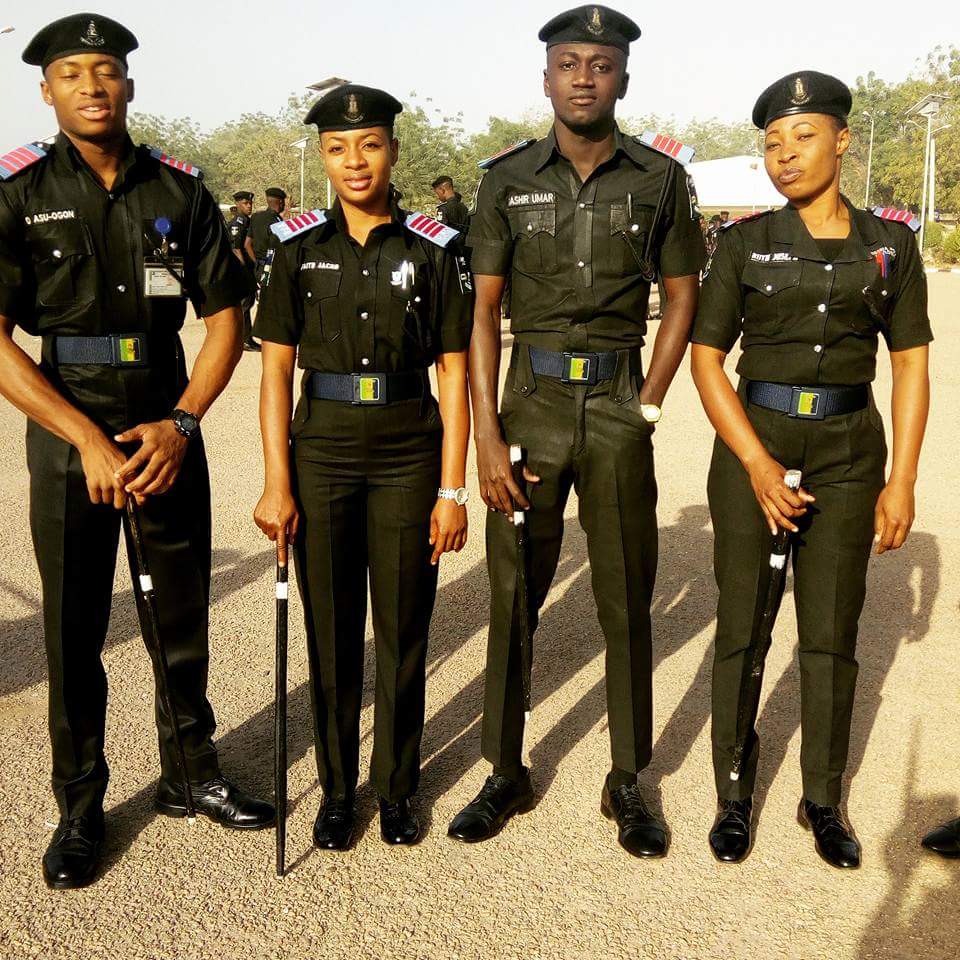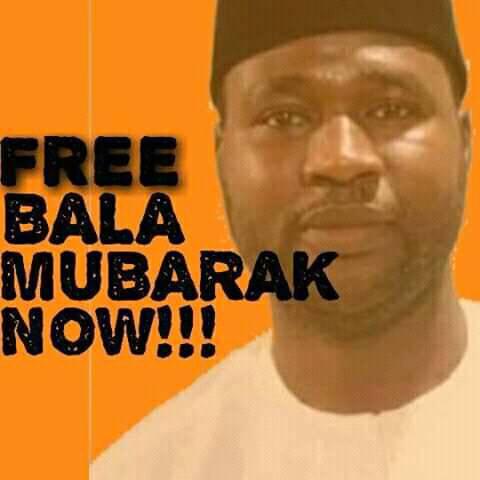
A boy walks into a viewing centre, it is Champions league night and donning the Jersey number 10 of his favorite team, he takes a seat just at the edge. The match ends up dragging into extra time and what was originally supposed to end by just before 10pm, ticked off by just before 11pm. The boy was unfortunate to meet a Police man instead of a thief that night, and he became late because the Police judged him “late” by his riffle and not the wristwatch on his left wrist, that didn’t tell the correct time anyway (forever at 3:14am).
A girl, returning from a ladies night out, was standing at a random bus stop awaiting her uber driver, got mopped up by the wicked brushes of a Daredevil police team. Her crime was that she chose to wear her blue silk gown that hangs beautifully on her petite frame than tying a wrapper. She was raped with an improvised condom made of used nylons, her ransom and bail from a people that claim, ironically, that bail is free. She is left with a scar on her soul by the one system created to protect her and her kind.
However pathetic these two cases may feel, they are just mild reportage of the carnage of evil that many Nigerian homes have been visited with. Yet such inhumane treatments happened in the Federal policing system.
Now, allow yourselves a moment to preview this and what will happen when ethnicity and religion is thrown into the mix. In Nigeria, every evil become more heinous when ethnicity is allowed to creep into it and state policing is simply a recipe for the yeast of ethnicity to pervade and inflate our already bloated security challenges and mass injustices.
Brig.Gen. Ladan Yusuf (retd.), Special Adviser on Security to Bauchi State Governor, shared my sentiments on this boiling issue in the following words: “My opinion on creation of state police is, considering the fact that we tribalise everything in this country; we regionalise everything, I will rather say it is not yet time for us to have it (state police)…..”
This regional and ethnic lines that divide us are not imaginary lines drawn on the maps to separate land masses. These lines are as real and thick as bloodlines, after all blood is thicker than the waters of Niger and Benue that give us identity as a nation. The world may see us and call us Nigerians but majority of us still see ourselves as “Omo Odua”, Nidgbo, Fulani, the Hausas, Ijaws and Idomas. So to a Yoruba man, the fulani boy isn’t his kin because he doesn’t share the Oduduwa family tree. Then imagine what the still very “Biafran” states of the South Eastern Nigeria, which still feel marginalized and living with the ghosts of the civil war, will do to their “strangers” in a state policing system?
The Special Assistant went further to state another obvious truth: “We must be ready to put the country’s interest first; I mean our interest should be national interest. For now, my view is no; we don’t need state police. Also, in recent times, religion has crept into play and further dividing us as a people. Based on these factors, I will say we are not ready to have state police…”
On religion, in as much as the Constitution holds Nigeria as a secular state and preaches state neutrality to religion, most states or regions are in fact practising state and regional religions. Some are more religious than others, however, each state can be conveniently classified as either more Christian or more Islamic. This is so bad that in some states like Kaduna, the state can be divided into two based on what religious system is operational in that region.
This particular trend is the greatest threat to national security as it is already even with the Federal Policing System (FDS) being operated. Any attempt to stoke this fire by bringing in state policing now will set the nation up in flames.
The final thoughts of Brig.Gen. Laden Yusuf (rtd) was that: “People have raised issues that the federal police brutalise the citizens, but I can tell you that the situation will be worse in a state police system. When a stranger passes through your territory in state police system, the tendency of abusing police power will be high because of the factors I mentioned earlier.”
Those who are beating the drums loudly in support of State Policing System (SPS) speaks lofty of the innumerable benefits that it brings.
Mr Sunday Babalola, a former gubernatorial aspirant in Kwara state expressed his opinions on the matter:
“Yes , state police is the best option for Nigeria now. There are many advantages Nigerians will enjoy with state police. All over the world, to police properly, you need to have people within the locality to be part of policing. Lack of state police is what brought about vigilance and cultural security outfits in different nomenclature…”
What Mr Sunday and many that share his sentiments fail to capture in their analysis is that fact that Nigeria is not and may never be “the rest of the world.” This is a sad reality check we must always run any system we want to adopt against. The Nigerian state is not only multilingual of multicultural, we are a highly polarized state that is very conscious of our filial roots and therefore suspicious of every other.
In the arguments for and against, two truths run constant throught the fabric of discussions and that is first the fact that SPS is a workable formula that can potentially address the hydra-headed security challenges of Nigeria. Secondly, the Nigerian state is simply not ready to experiment such highly sensitive police reform.
In conclusion, one final thought that seems to reverberate with every opinion on this matter is that the Nigeria Policing System, as it is, needs a total and holistic reform approach. The current Police Act has been in existence since 1943. It is high time there was a legislation that holistically review the act and overhauls the system to fit into the current disposition of security challenges in Nigeria of today.




Comments (2)
Adewumi Anuoluwaposays:
June 7, 2019 at 2:23 pmI stand with the State Policing System!
Awosanya Babatundesays:
June 7, 2019 at 7:31 pmWhao, really nice opinion
We truly not ready.